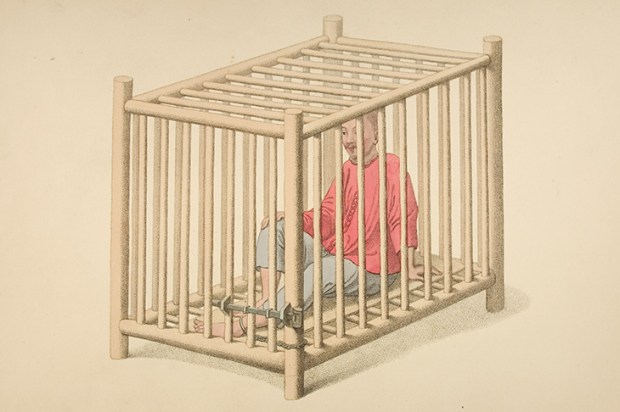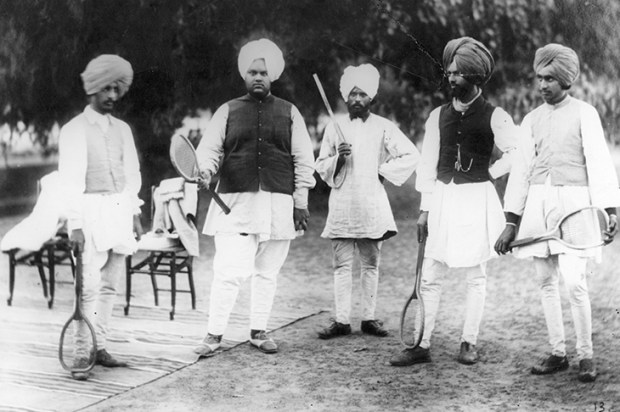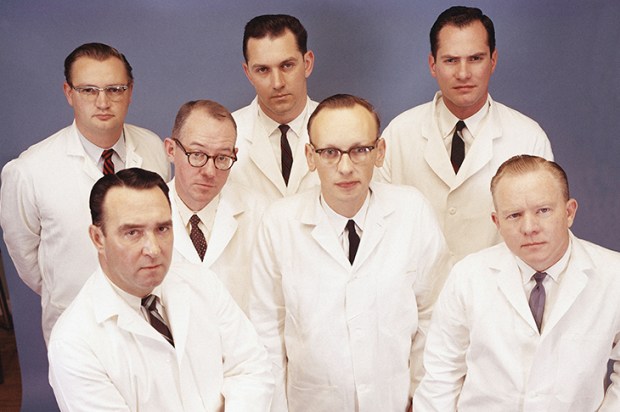We missed it! Back on January 18 we should have been celebrating National Thesaurus Day. Mind you, the day is only celebrated in America (and perhaps not by many people there.) The date was chosen to mark the birthday of Peter Mark Roget, who published, not the first but certainly the most famous thesaurus in 1852. Roget’s Thesaurus is now in its 8th edition, and has grown from the 15,000 words of the first edition to almost half a million words today. Roget took the innovative step of ordering his dictionary of synonyms not alphabetically but by related concepts and categories – making it so much easier for political commentators to find different ways to call a policy ‘stupid’ (dull, dumb, foolish, futile, ill-advised, laughable, ludicrous, naïve, senseless, shortsighted, simple, or trivial). As for the word itself: ‘thesaurus’ comes from a Greek root meaning treasury or storehouse. Although I prefer the definition of my six-year-old grandson who insists that a ‘thesaurus’ is a dinosaur (huge mouth, rows of sharp teeth) that knows a lot of words. So, if you are wandering on Jurassic Island and a massive lizard bursts out of the foliage growling: ‘You should be afraid, frightened, scared, fearful, terrified, anxious, troubled, petrified, startled and shaken’ – you are being attacked by the awesome and powerful Giant Thesaurus.
It’s always good to acknowledge the achievements of Al Gore. Such as creating the Internet. (Did he really claim that? Yes, he did – in an interview with Wolf Blitzer on CNN in 1999). We must also salute his central role in popularising climate panic hysteria. And the Oxford English Dictionary credits him with coining the word ‘prebuttal’. The first appearance of ‘prebuttal’ in print was in a quote from Gore in the Washington Post (26 May 1996). It is, of course, a play on the 1792 word ‘rebuttal’ (meaning ‘counter-argument). As for the meaning of ‘prebuttal – that’s fairly straightforward: replying to your opponents’ arguments before you have even heard them. A bizarre move (perhaps) but let us acknowledge its only inventor – to Al Gore, we dips our lid!
And let us salute the late Peter Bowler, whose last book alerted us to what I now call ‘4D words’ used by governments and officials of all sorts to keep the truth from us. What are those ‘4Ds’? The title of Peter’s book tells us: The Superior Person’s Field Guide to Deceitful, Deceptive and Downright Dangerous Language. Here are some of the words Peter drew our attention to in his little field guide. ‘Consultancy fee’ – used by governments to cover the payment of huge fees to their old colleagues and friends. ‘Classified’ – a word used to mean that governments are keeping something secret from the public. (Classified as what? That would be the correct response). ‘Efficiency gains’ just means budget cuts. ‘Frank exchange of views’ means a meeting in which people shouted at each other. ‘Downsizing’ means sacking half the staff. ‘Golden parachute’ means paying millions to a boss who is sacked for incompetence so he will go away quietly and won’t let out any secrets. ‘Accessible parking’ which means, of course, ‘disabled parking’ but this label, which is used so as ‘not to give offense’, is confusing and unhelpful. (Is there such a thing as ‘Inaccessible Parking’?).’Human resources’ formerly known as staff, or just ‘human beings’. ‘Investigate’ means spending a lot of time and money to delay letting the public know what’s actually going on. ‘Freedom fighter’ is a terrorist who is blowing up people you don’t like. ‘Leverage’ means you have the photographs, and you can blackmail someone into doing what you want. ‘Massaging the numbers’ means telling the Treasury Department to hide the bad news in footnotes so that no one notices. There are, of course, lots more. But it does make you rather depressed about the state of the language being used by our masters and betters, doesn’t it?
Got something to add? Join the discussion and comment below.
Contact Kel at ozwords.com.au
You might disagree with half of it, but you’ll enjoy reading all of it. Try your first month for free, then just $2 a week for the remainder of your first year.













